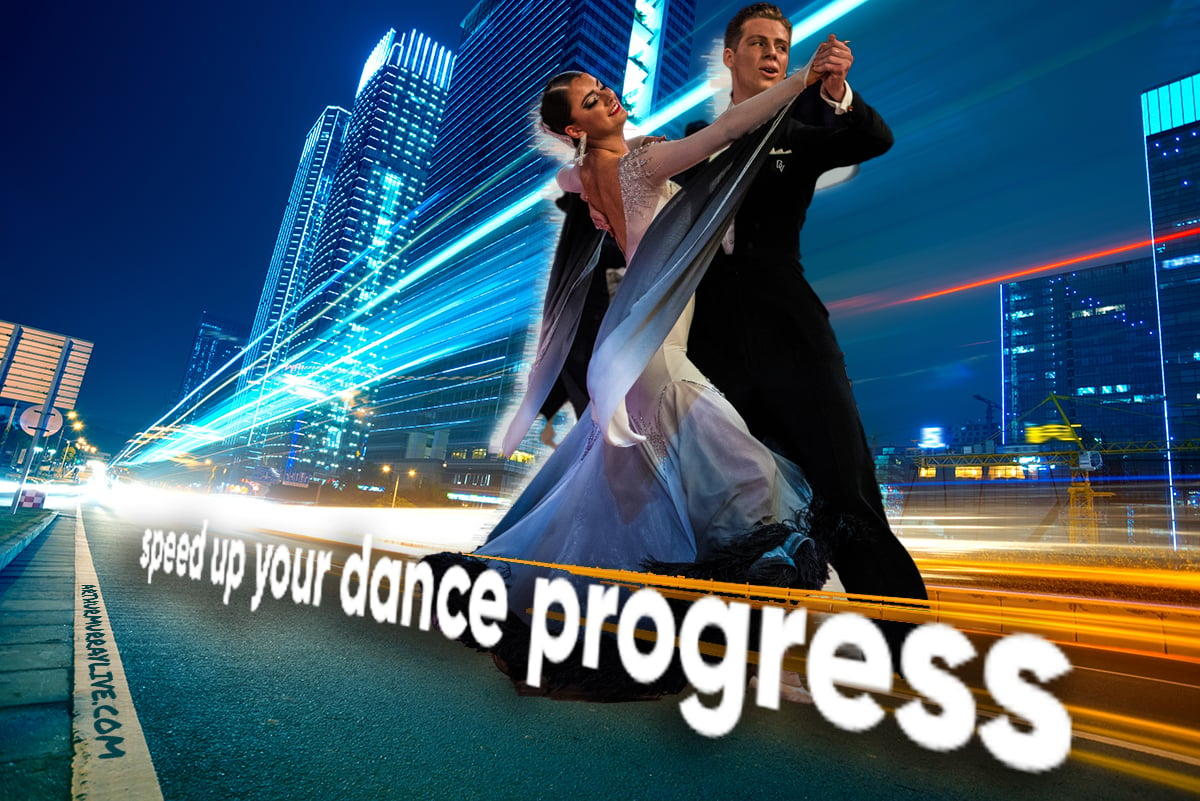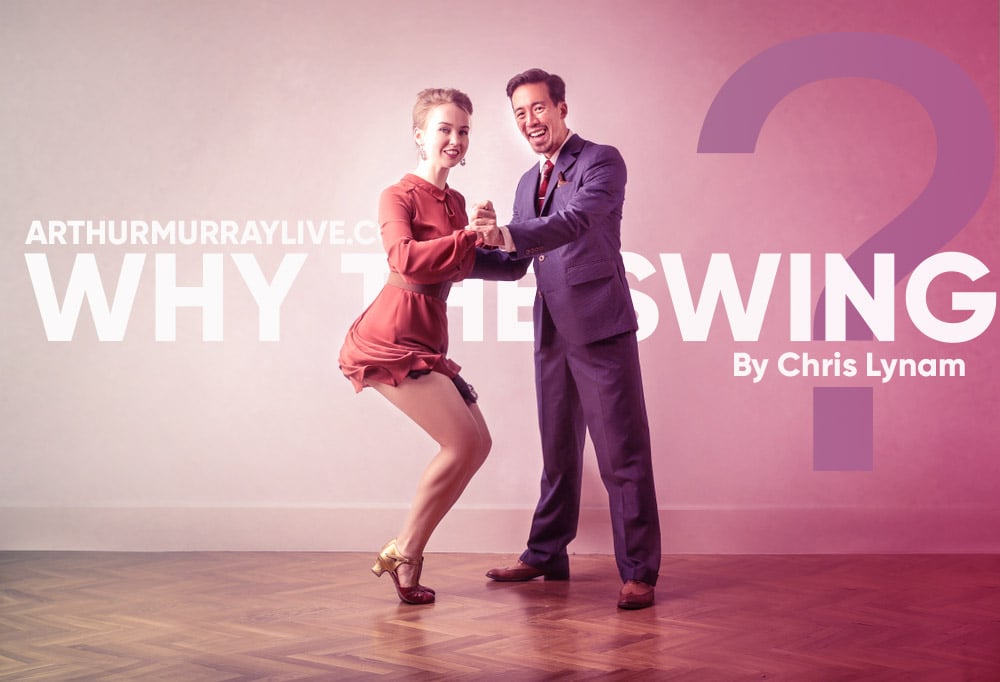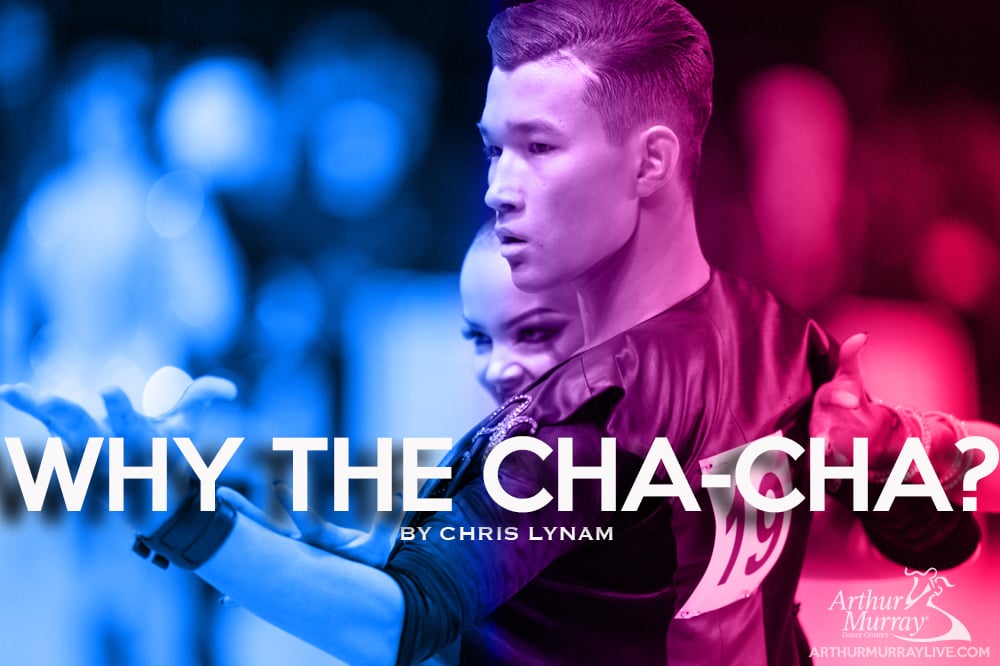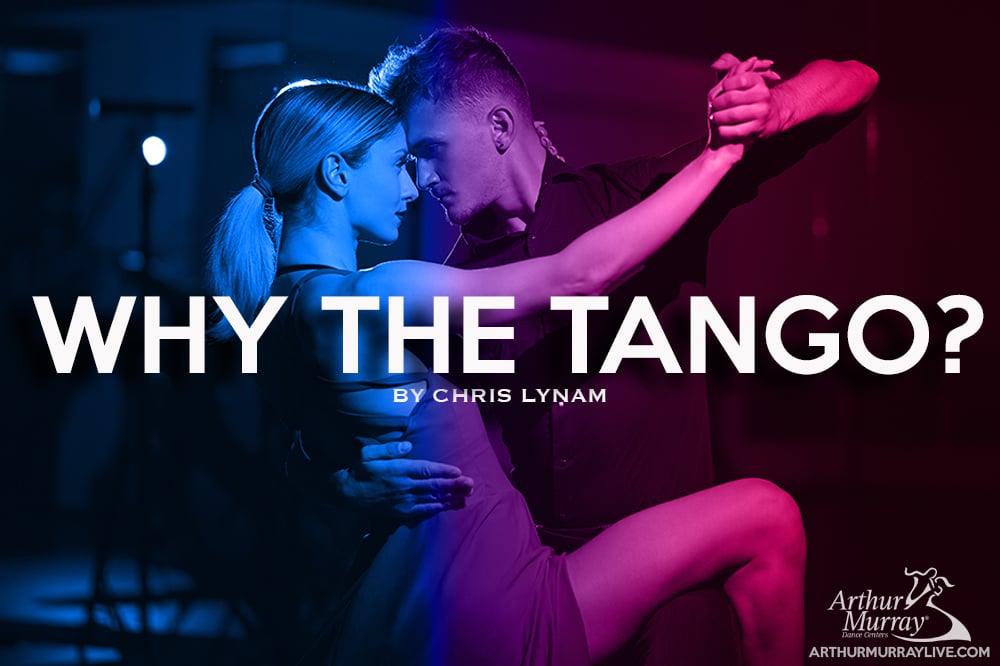
6 Practice Habits Of Highly Annoying Dance Partners
The following is a list of Dance Partner characters. Their traits may be familiar to someone you know, dance with, or someone who looks exactly like you. In some cases it may be a blend of multiple characters. Nevertheless, the goal is simple: We can develop a strategy once we can learn, and recognize, the characters in play.
The Mirror Monitor
Can be seen: Seeing themselves. Regardless of who they are dancing with, nothing is more important to this modern day dance narcissist, than their own mirror image.
The Drama Coach
Can be seen: Making wild gestures, using a vast array of voice inflection, all to complain, criticize, and overreact to the current dance situation.
The Snoozer
Can be seen: Showing up late to practice with an impressive display of bed head hair.
The Breaker
Can be seen: Frequent visits to their favorite chair, leaning against their favorite wall, or sitting on their favorite floor.
The Barista
Can be seen: Making coffee for long periods of time. Perfecting the art of creamer to coffee ratio. Searching for just the right sugar.
The Auditor
Can be seen: Carefully examining, scrutinizing, and worrying about details that seem to bring your dancing to a grinding halt.
The Highly Annoying Needs Analysis
The Mirror Monitor Needs
- OK, let's be honest, they need to look at themselves in the mirror. It's when they need to look elsewhere that it becomes a problem.
- Schedule out time for basics in the mirror, and try putting your rehearsal on video so they can watch it later.
More Annoying When: They are looking in the mirror for non-dancing reasons. Like, "wow, my butt looks so great in these new practice pants."
The Drama Coach Needs
- A Big Picture strategy. Anyone can overreact to the small stuff if they are zoomed in on it. The goal here is to expand the lens and see a larger process.
- Agree to your objectives before practice begins. Nothing dooms a practice sooner than playing it by ear with a potential Drama Coach.
- Write out your goals together to ensure that everyone is on the same page. Reference the notes if things get tricky.
More Annoying When: Things get too heated. Taking a dance problem and turning that into a personal problem is against the rules. It's perfectly fine to get upset about your dancing, it means you care, but don't hurt the people around you because you have a bad case of dance frustration.
The Snoozer Needs
- A few extra hours of sleep?
- One of those alarm clocks that aren't easy to turn off.
- Consider an adjustment to the practice schedule. Maybe this is a not-so-subtle hint that evening practices are more appropriate.
More Annoying: A Snoozer gets even more annoying when they have run out of excuses. A chronic snoozer is mortgaging "another 5 minutes" for their credibility and dance relationship with their partner.
The Breaker Needs
- Stamina. You can't build it if you're constantly taking breaks. It must be challenged to become stronger.
- Light at the end of the tunnel. Having pre-scheduled break times can ensure that you get maximum bursts of effort, instead of a constant struggle to sit down.
- Add 30-60 minutes of exercise to the beginning or end of your practices. An exercise video, some weights, even just a pair of jump ropes will begin to diminish the long term negative effects of the Breaker.
More Annoying: Bad timing. Momentum is the most precious asset to a successful dance practice. If the Breaker quits on the verge of a breakthrough, it can seem like twice the work to return to form.
The Barista Needs
- A little more sleep.
- A larger coffee cup.
More Annoying: Think of the Barista as a highly caffeinated Breaker. Stopping the momentum of a practice is incredibly annoying, but a great pot of coffee makes it a little less annoying.
The Auditor Needs
- A filter. Having a limited, but intense, focus ("Leg lines, arm styling, focal points...") will lower the chances of scrutinizing everything.
- A moment to vent. Overreacting here can be the pebble that starts an avalanche.
- Regularly scheduled coaching. It's normal for the loudest voice to be their own, but your coach has the ability to cut through that chatter.
More Annoying: When the Auditor turns their attention to their dance partner. In that case we suggest setting some new goals, and reading these books wouldn't hurt either.
The Strategic Dance Practice
Knowing these characters allows you to build a custom strategy. Here is an example of a practice schedule that limits the damage of some of these characters.
Sample Dance Practice
Begin practice with 30 minutes of basics. The Mirror Monitors love this, and the time frame limits the Auditor's ability to nit-pick.
Dance each of your dance routines for 30-45 seconds. Full speed, no interruptions. The Drama Coach won't have time to freak out, and the Breaker will appreciate a quick turnaround time.
Have the Barista make coffee. Have the Auditor pick a single theme as a focal point for the next round of dancing.
Dance each of your dance routines for 45-60 seconds utilizing the Auditor's theme, and the caffeine from the Barista's coffee.
Celebrate the win and remind the Snoozer to set their alarm 30 minutes earlier.
Final Thought
Successful dance partnerships are built on practice. Sure, the saying is that "perfect practice creates a perfect performance", but we can't use perfection as the standard for the first, or any, practice.
Learning to dance with someone is a type of relationship. It is a democracy, not a dictatorship. There need to be room for people to grow, play to their strengths, and evolve beyond constant criticism.
With that approach, and a little strategic thinking, we can all become better partners, and better humans, along the way.
























